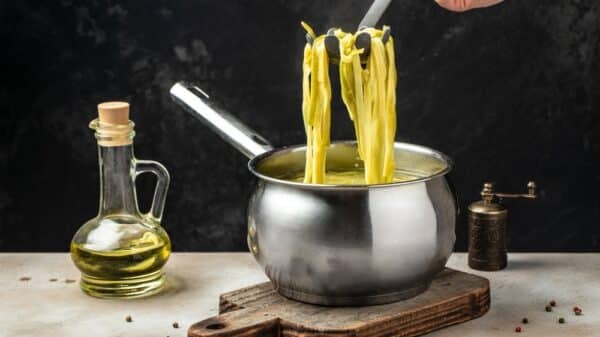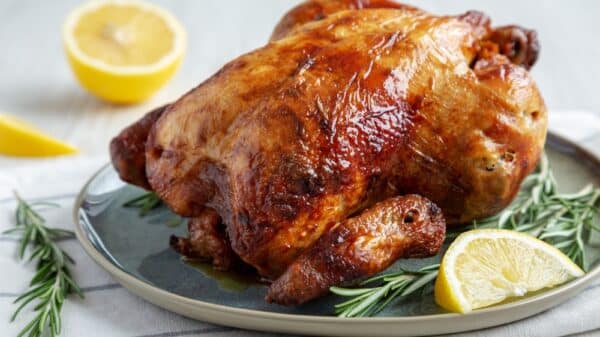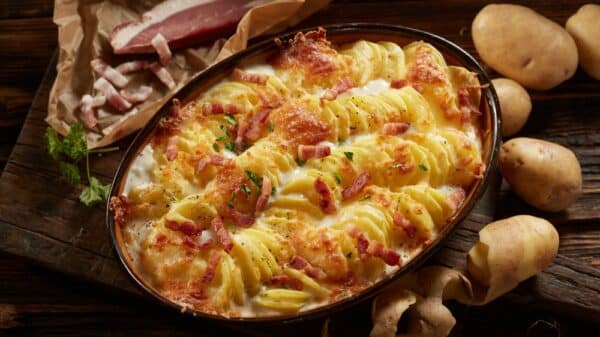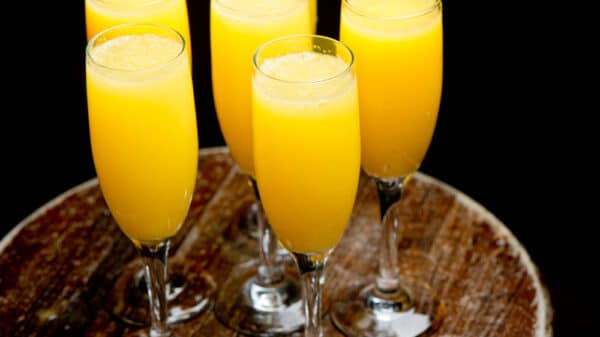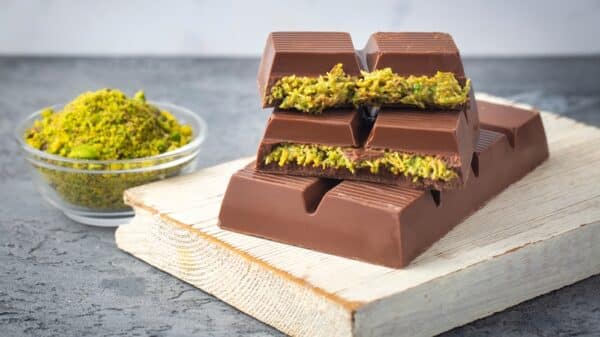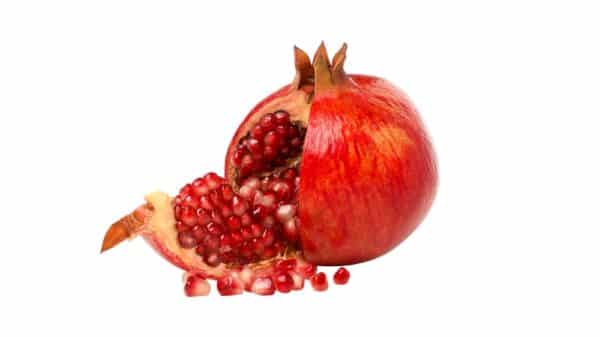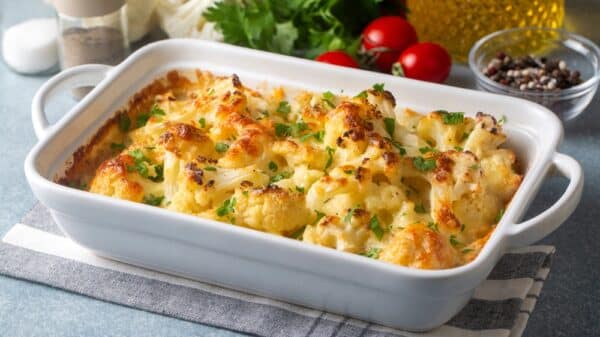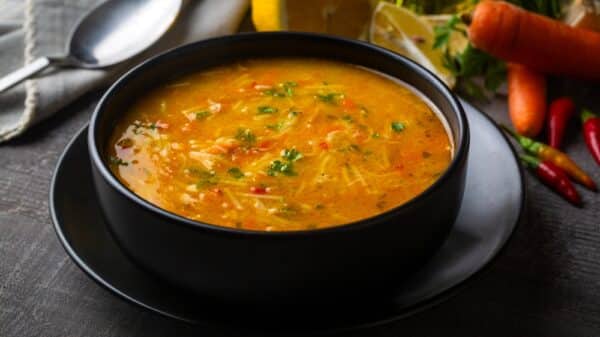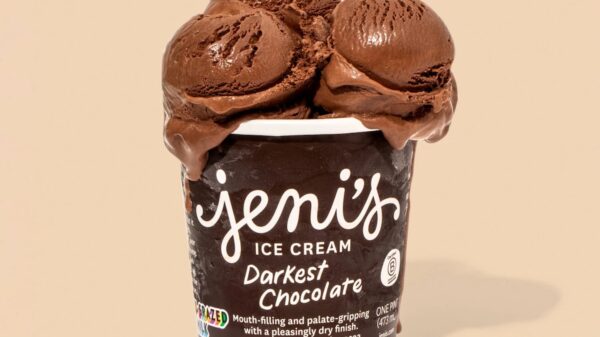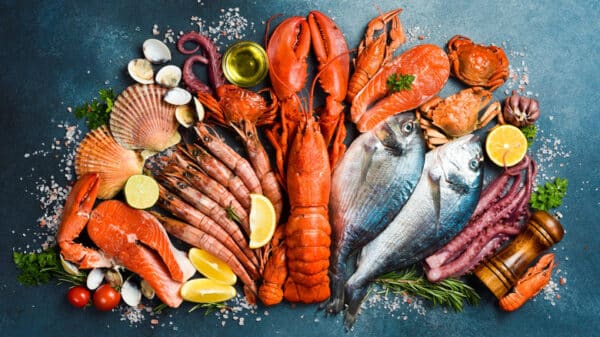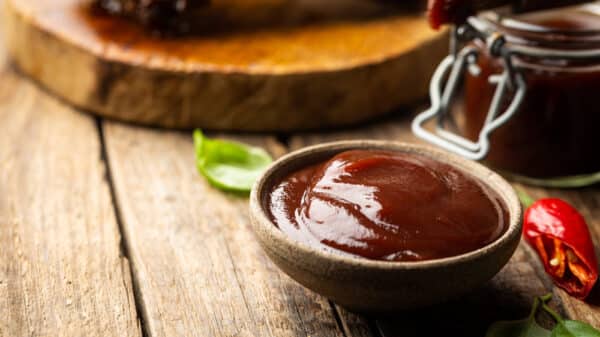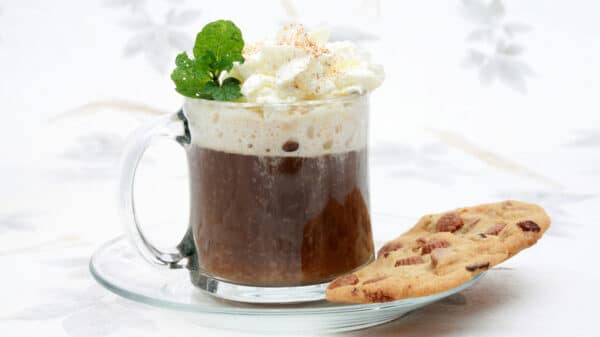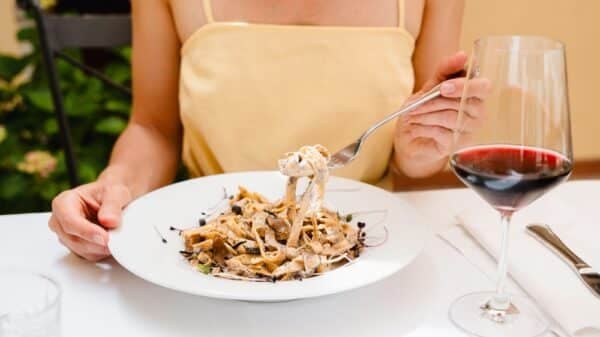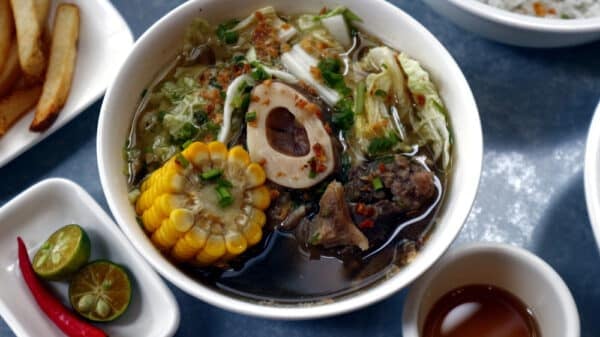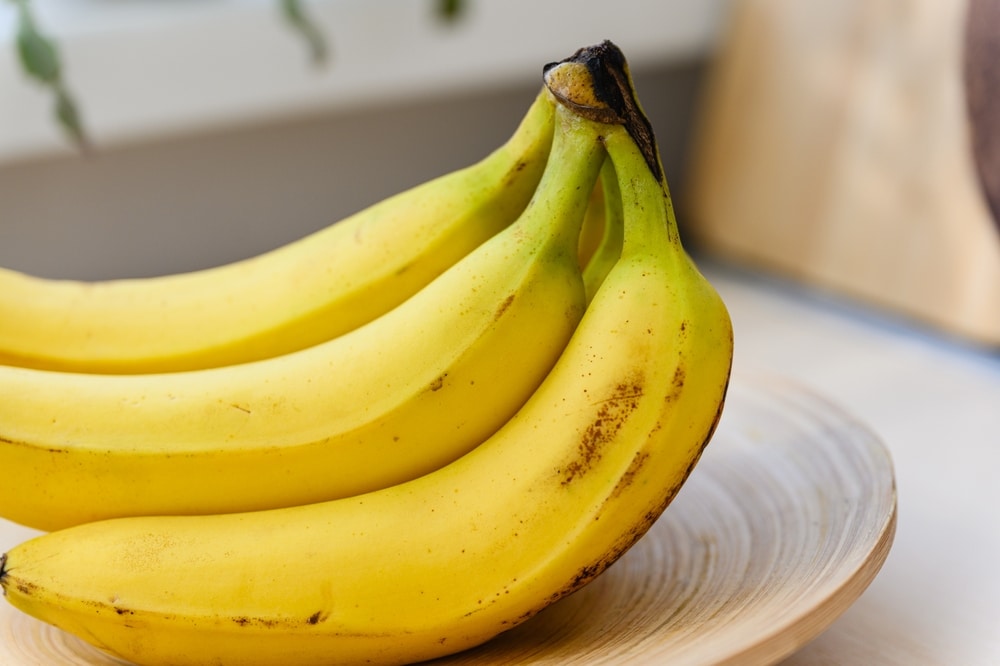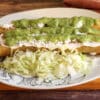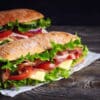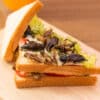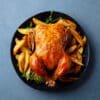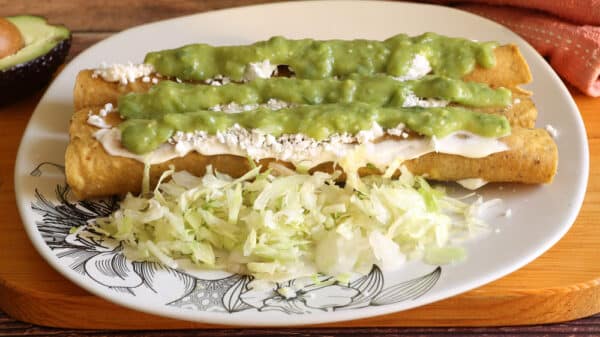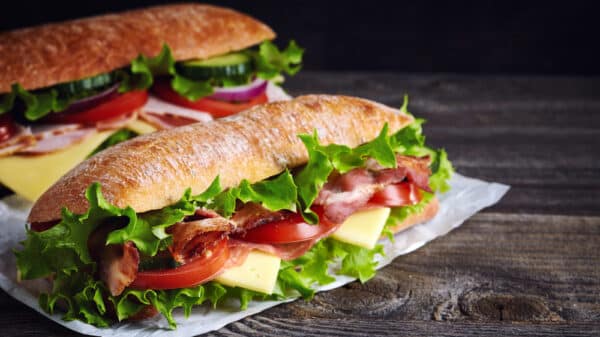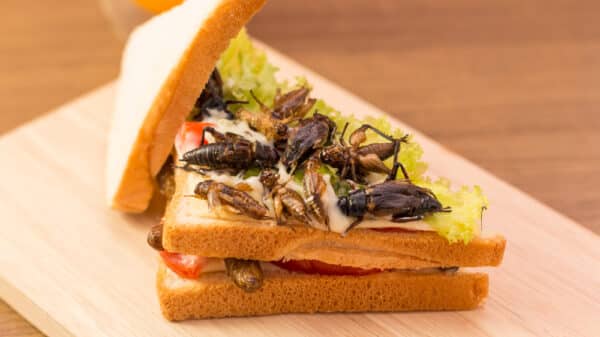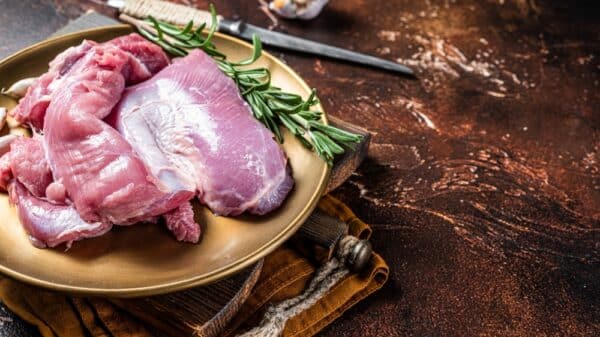Navigating the overwhelming sea of dietary advice can be really disorienting. One minute, you’re reading that a particular food is bad for your health, and the next, you’re hearing it celebrated as a powerhouse for well-being. This constant flip-flopping can leave you feeling confused and uncertain about what truly deserves a spot on your plate. To make things clearer, we reached out to nutrition experts for insights on six misunderstood foods that may actually help reduce your stroke risk.
First up, let’s talk about nuts. Many people shy away from nuts because they’re seen as calorie bombs, but the truth is different. Those calories come from healthy fats that are incredibly beneficial for your heart health and may actually lower your risk of stroke. Meghan Pendleton, a registered dietitian, emphasizes that the unsaturated fats in nuts can significantly support cardiovascular health. Studies show that munching on nuts at least five times a week might lower your stroke risk by 19%. Nuts are also packed with antioxidants like vitamin E and polyphenols, both of which help combat inflammation—a crucial factor behind conditions like atherosclerosis, which can lead to stroke. So, why not add a handful of nuts to your yogurt or salad? They’re delicious and easy to incorporate into your meals.
Next, bananas often get a bad rap due to their sugar content, but they’re actually a nutrition goldmine. Veronica Rouse, an expert in heart health, points out that bananas are an excellent source of potassium, a vital mineral that helps lower blood pressure. High blood pressure is a leading risk factor for stroke, so getting enough potassium is critical for keeping your heart in check. The good news? Most of us aren’t getting our daily dose of the recommended 4,700 milligrams! A simple way to boost your intake is by tossing banana slices onto your morning oatmeal or blending frozen bananas into a smoothie. They add natural sweetness and creaminess, making your meal extra satisfying.
Coffee is another surprising contender in the stroke prevention arena. Though it’s often surrounded by mixed opinions, coffee can actually be beneficial when consumed in moderation. While it’s true that caffeine can cause a slight uptick in blood pressure, studies indicate that moderate coffee drinkers—about 2 to 3 cups a day—may experience a lower risk of stroke over time. Rouse notes that coffee is not only a pick-me-up; it’s also rich in antioxidants that contribute to its health benefits. However, moderation is key; overdoing it could counteract those benefits. So, pour yourself a cup, but maybe skip that fifth one!
Oatmeal often finds itself on the chopping block due to myths regarding its effects on blood sugar. Pendleton clarifies that oatmeal can be a smart choice for heart health, especially because of its soluble fiber content, known as beta-glucan, which helps lower cholesterol. To enjoy oatmeal without a sugar spike, choose steel-cut or rolled oats over instant ones; they’re less processed and digest more slowly. Pair your bowl with some fruit and nuts to add protein and healthy fats—think of it as a balanced breakfast that fuels you for the day ahead.
Moving on to beans, these little powerhouses often face a bad reputation due to concerns about lectins—proteins that can cause digestive issues. Pendleton reassures us that when beans are properly soaked and cooked, they’re not just safe; they’re incredibly nutritious and great for heart health. Rich in soluble fiber, beans help bind cholesterol in your intestines and promote its removal from your body. Studies suggest that incorporating beans into your diet may significantly reduce stroke mortality rates. Plus, they are packed with potassium and magnesium, making them an affordable and versatile option to add to any meal.
Incorporating these misunderstood foods into your diet can not only enhance your meals but could be a proactive step in reducing your stroke risk. Embracing whole foods, staying active, avoiding smoking, and prioritizing good sleep can help you craft a healthier lifestyle. Remember, making small, consistent changes can lead to significant health benefits over time, so why not start today?A powerhouse for heart and brain health, beans are an often-overlooked food in many diets. If you haven’t made them a staple in your meals yet, now is the perfect time to do so. Consider trying our delicious Sweet Potato-Black Bean Tostadas. They’re not just hearty; they’re also packed with flavor and will leave you feeling satisfied without the guilt.
Now, let’s talk about tofu. Often, it gets an unfair reputation as a “fake” food, with some even suggesting it disrupts hormone balance. But let’s set the record straight: there’s no solid evidence backing those claims. In fact, when prepared and incorporated into your meals correctly, tofu can offer numerous health benefits. This versatile ingredient, made from soybeans through a natural curdling process—quite similar to how cheese is made—has been cherished in Asian cooking for centuries. Nutrition expert Rouse highlights that tofu is rich in isoflavones, powerful antioxidants that support healthy blood pressure. Interestingly, research shows that consuming more soy products, like tofu, is linked to a lower risk of stroke. If you’re looking to enhance your heart health, tofu is definitely worth considering.
If you’re eager to reduce your stroke risk even further, here are some practical tips to embrace alongside your nutritious meal choices:
1. Adopt the Mediterranean or DASH diet: These diets prioritize whole foods, including plenty of fruits, vegetables, whole grains, legumes, nuts, and seeds. They encourage incorporating moderate amounts of fish, lean proteins, and low-fat dairy into your meals while limiting processed foods and added sugars. By simply shifting your focus to these wholesome ingredients, you’re already stepping up your health game.
2. Stay active: Aim to get at least 150 minutes of moderate exercise—think brisk walking or biking—each week. Plus, don’t forget to incorporate strength training at least two days a week. Whether it’s lifting weights or doing bodyweight exercises at home, every bit helps in building a stronger, healthier you.
3. Kick the smoking habit: It’s no secret that smoking dramatically increases the risk of strokes. But here’s some hopeful news: once you quit, that risk diminishes significantly. Start by writing down your reasons for wanting to quit, pick a date, and create a game plan to combat cravings. And remember, you don’t have to do it alone; healthcare professionals can provide valuable support along the way.
4. Prioritize your sleep: Getting a good night’s rest is crucial. Aim for seven to nine hours of quality sleep each night. If you suspect that sleep apnea might be affecting your rest, don’t hesitate to seek treatment, as untreated sleep apnea is linked to a higher risk of stroke. Your body—and mind—will thank you!
There’s a lot of misinformation swirling around when it comes to what you should eat to lower your risk of stroke. Too often, various foods get labeled as “bad” based on misconceptions and half-truths. The reality is that many foods, including nuts, bananas, coffee, oatmeal, tofu, and beans, contain beneficial compounds that can actually help reduce the risk of a stroke. So, next time you come across a sensationalized post suggesting you avoid a food simply because of one aspect of its nutritional profile, reach out to a qualified dietitian or healthcare professional. They can help clear up the confusion. Eating to boost your brain and heart health should be a joyful experience, and countless delicious foods can definitely fit into your balanced diet.
Image Source: O_Lypa / Shutterstock

